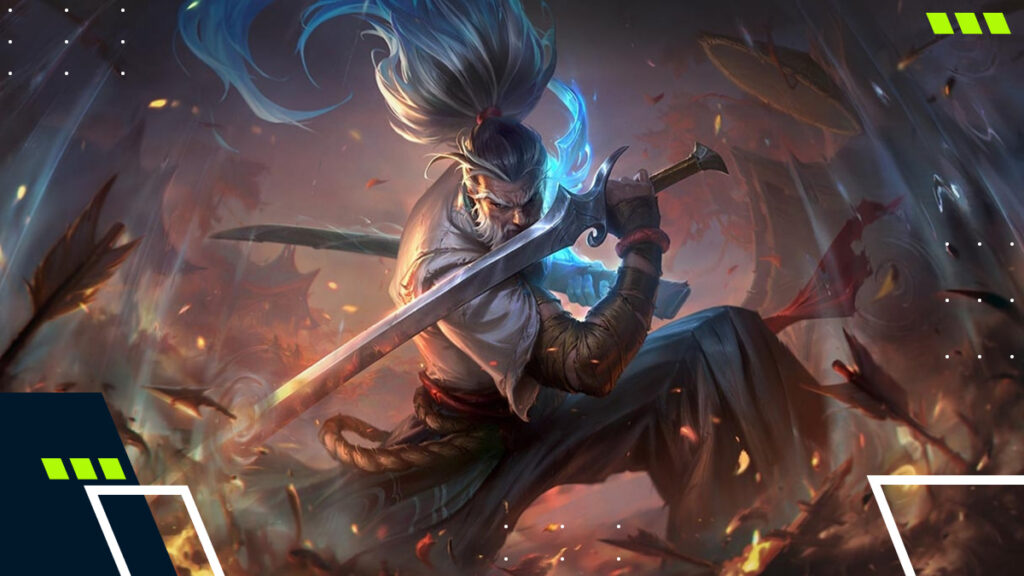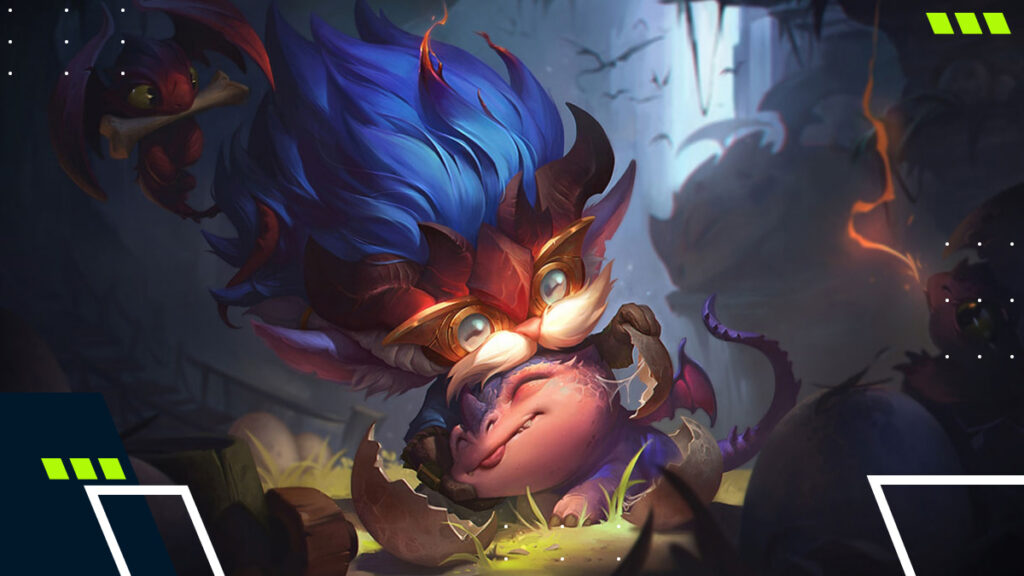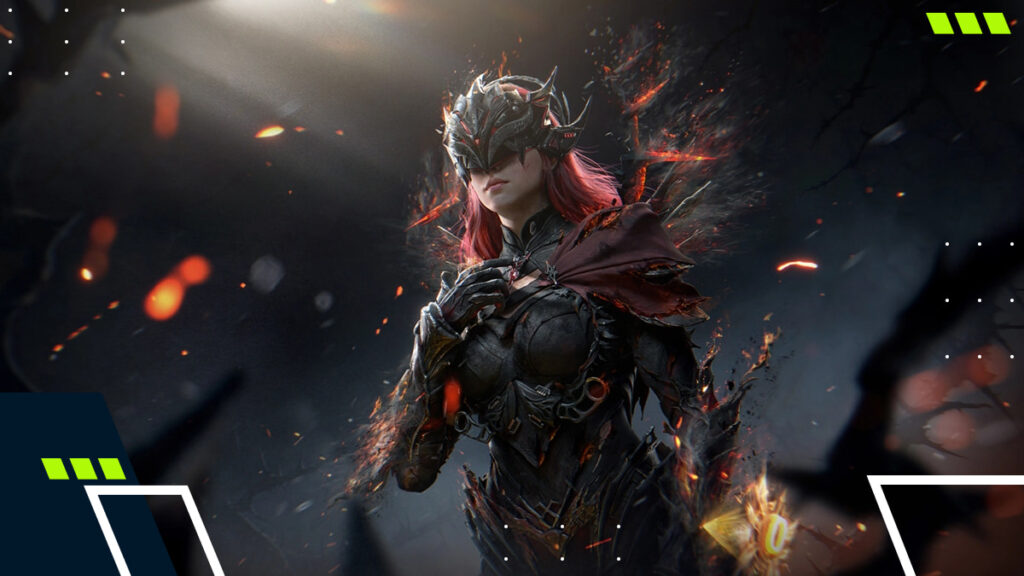In-Game Betting In Esports: Loot Boxes, Skins & Token Gambling Explained
- In-game betting evolved from mini-games to loot boxes, skin economies, and token-based wagering across esports titles.
- Skin gambling in Counter-Strike remains the most impactful and controversial example, with scandals and market instability exposing regulatory gaps.
- Growing legal scrutiny surrounding loot boxes and blockchain rewards indicates that the future of in-game betting relies on clearer rules and greater transparency.
In-game betting in esports has come a long way, from casino-style mini-games to loot boxes and a full-blown skin marketplace. These systems have changed the way players interact with esports titles and the culture surrounding in-game betting.
In this guide, we’ll explore the evolution of in-game betting, as well as its controversies, showing how this feature still has a long way to go before being safely implemented in esports.

- 1. What Is In-Game Betting?
- 2. How Did Loot Boxes Replace Traditional Mini Games?
- Examples Of Esports Gambling
- 3. What Is Skin Betting And How Does It Work In Esports?
- CS2 Skin Gambling
- CS2 Skin Market Crash
- 4. How Does Esports Token-Based Or Blockchain Wagering Work?
- 5. What Are The Legal And Ethical Issues Around In-Game Betting?
- In-Game Betting Regulation
- In-Game Betting Legal Action
- Future Outlook
- 6. FAQs
- 7. References
What Is In-Game Betting?
In-game betting refers to mechanics in a video game that resemble gambling, but don’t necessarily use or offer real-life monetary rewards. This modern form of digital betting comes in many different formats, including loot boxes, skins, and (in some cases) even in-game casinos.
However, video game gambling systems in esports differ from real-life casinos because they rarely use traditional formats like Poker or Blackjack and don’t rely on slot-style mechanics. They instead appear as loot boxes with random rewards and player-driven marketplaces (we’re looking at you, Counter-Strike 2).
But before loot boxes entered the spotlight, the mechanic cropped up in games across multiple genres. MapleStory, an MMORPG released in 2003, was one of the first games to introduce loot boxes, while FIFA 09 was the first entry in the FIFA franchise to debut its now-infamous packs.
Today, video game gambling is featured in hit games like Red Dead Redemption, offering Poker and Blackjack tables, with the Diamond Casino and Resort being a staple in Grand Theft Auto V. These experiences feel immersive because they mirror real-life gambling, just without the risk of losing real money.

How Did Loot Boxes Replace Traditional Mini Games?
Contrary to what you might think, randomized loot didn’t arrive with loot boxes—games have been using it for years. For example, RPGs like Diablo and World of Warcraft set the precedent for chasing random loot, a system that is still very popular today. And why wouldn’t it be?
Loot boxes remove the headache of grinding for high-level armor and weapons by offering players a far easier solution: paying in-game currency for RNG rewards. That chance-based system naturally made its way into esports, where skins or weapon blueprints of varying rarities can be acquired.
Examples Of Esports Gambling
There are many examples of esports video game gambling. In Call of Duty Mobile, players can purchase loot boxes via the in-game store using credits. The odds of finding a particular item in a given crate are visible by tapping the question mark icon next to the crate’s name in the store screen.
In Apex Legends, loot boxes appear as different kinds of packs, including Event Packs, Thematic Packs, Legendary Packs, and so on. Many modern games with loot boxes even grant the opportunity for players to get their hands on free loot boxes.
A great example is Overwatch 2, a game where loot boxes can’t be purchased—only earned. Even though you have to work harder for them than in most other esports titles, the gambling mechanics still apply, with luck continuing to play a major role in what items you get from those free drops.

What Is Skin Betting And How Does It Work In Esports?
Skin betting is another form of in-game gambling where players use virtual in-game cosmetics (i.e., skins) as currency to bet on esports matches.
Typically, players deposit their skins, and their value is converted to another currency (usually coins or chips), which are then used to bet on the outcome of esports tournaments or played via more traditional casino-style games.
This form of betting is considered illegal and has been subject to crackdowns from both developers and regulators.
CS2 Skin Gambling
Arguably, the leading pioneer of skin gambling is the CS2 case system. Skins and blueprints in CS:GO alone represent the largest virtual gaming economies ever. Not only can you buy keys to open cases, but the items that drop can also be listed on the Steam marketplace for trade or sale for real-world value.
While Counter-Strike has been added to regulated sportsbooks, CS2 marketplace gambling remains largely unregulated, creating a legal gray area in the world of in-game gambling.
In the 2016 CS:GO Lotto scandal, YouTuber creators TmarTn and Syndicate Project showed themselves winning big on a CS:GO case-opening gambling site they secretly owned, without ever disclosing this to viewers. The backlash led to a Federal Trade Commission (FTC) settlement and forced Valve to crack down on third-party CS:GO gambling sites.
CS2 Skin Market Crash
A recent Counter-Strike 2 update in October 2025 let players trade red skins for gold skins for the first time, triggering a CS2 skin market crash that saw the skin economy shrink from $5.9 billion to $4.2 billion overnight.
For skin betting, it’s a clear reminder that the entire CS2 economy sits in Valve’s hands—item rarities, values, and market stability can shift instantly with a single update.
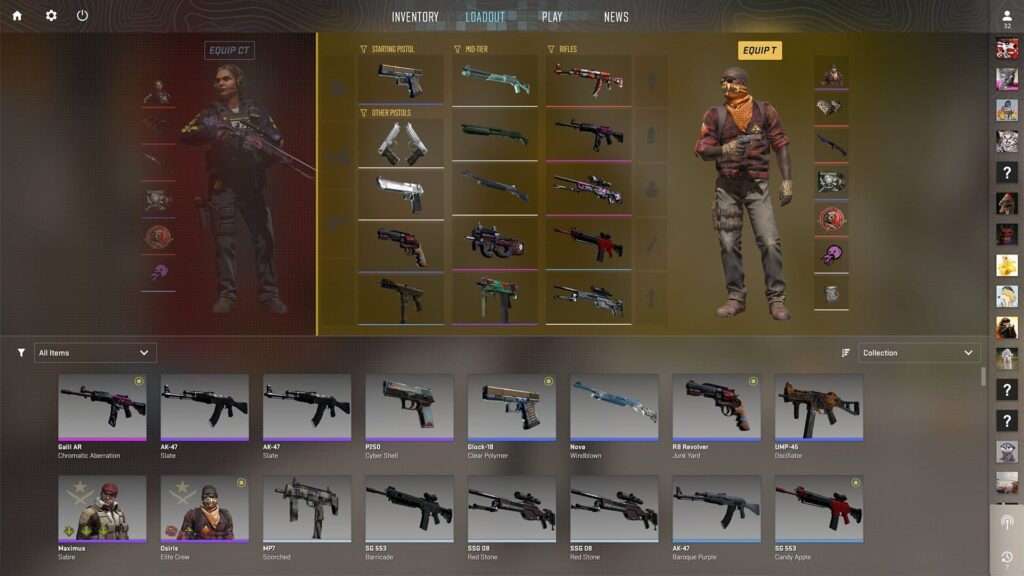
How Does Esports Token-Based Or Blockchain Wagering Work?
In esports, NFTs are often used as digital tokens that represent ownership of collectible items.
This form of blockchain gaming typically serves as attendance badges for events or even proof of loyalty to a particular organization. Some blockchain-based games (e.g., Axie Infinity) award digital assets as rewards, which can then be traded in-game or externally on a public marketplace.
Again, token betting is in murky waters when it comes to regulation, presenting legal and ethical challenges. For the most part, this type of esports wagering is still in its experimental stages, so it will be interesting to see if it can overcome those obstacles.
What Are The Legal And Ethical Issues Around In-Game Betting?
Since in-game betting is integrated into video games, it often blurs the lines between entertainment and gambling. This has attracted regulatory scrutiny over underage gambling, as players under the age of 18 can access games with gambling mechanics, prompting the rollout of loot box laws globally.
In-Game Betting Regulation
Some countries have implemented strict loot box laws, banning them outright or restricting access to gambling-specific features.
For example, in-game betting has been banned in Belgium, but players can still play games and compete in titles that have banned loot boxes, such as EA FC. However, they just don’t have access to EA FC Points, which are used to purchase packs.
In-Game Betting Legal Action
In other cases, developers have faced legal action related to their in-game betting practices.
As reported by The Korean Economic Daily, Nexon, the developer of MapleStory, was fined $8.85 million by the Korean FTC back in 2024 for allegedly lowering the odds of obtaining certain loot box items without informing players—a practice the court ruling said had been happening for over a decade.
This is only one example of why publishers play a significant role in the push for in-game gambling regulation, as many don’t always adhere to laws or safeguard consumers.
Future Outlook
The rise of token economies and new ways of betting through the use of skins have the potential to elevate fan engagement—but only if it’s done responsibly. The future of esports betting could become more integrated into the competitive gaming culture, but only if the industry is properly regulated and transparent about all forms of wagering.
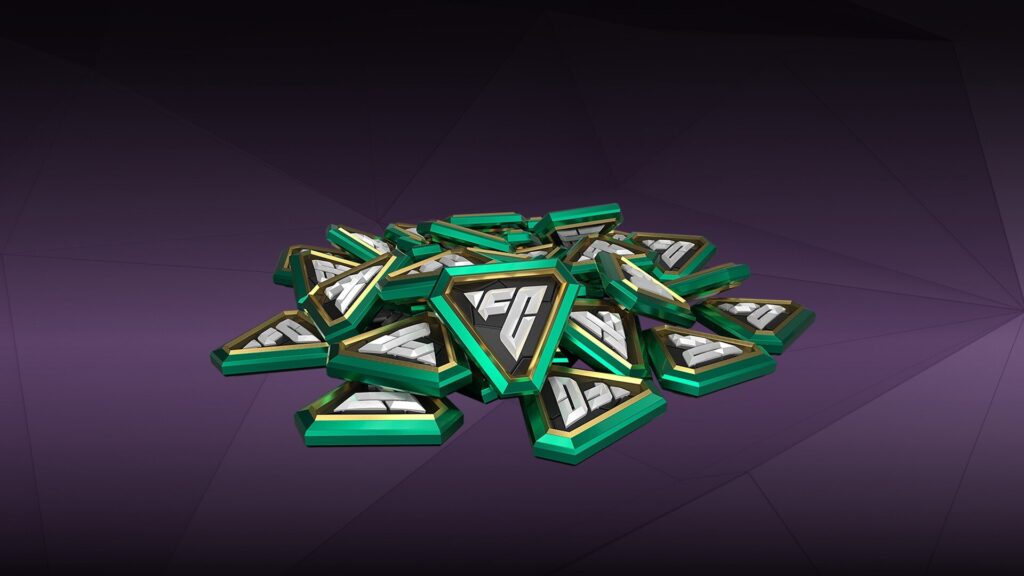
FAQs
How does in-game betting differ from traditional esports betting?
In-game betting relates to mechanics in a video game that resemble betting, while traditional esports betting requires wagering real money to bet on the outcome of events.
What are loot boxes in esports?
Loot boxes are virtual drops that offer randomized items when opened.
Is skin betting in Counter-Strike 2 legal?
Skin betting is illegal unless the platform has a gambling license, but it exists in a gray area. Valve has banned skin gambling sites as tournament sponsors.
Which esports games use loot boxes or chests?
Many esports titles use loot boxes, ranging from Counter-Strike 2, Apex Legends, League of Legends, and EA FC, to competitive mobile games such as Clash Royale and Call of Duty Mobile.
How are developers regulating gambling-like mechanics in games?
Developers are required to adhere to laws governing gambling-like mechanics, which include content ratings and clearly disclosing odds. The challenge is that these rules vary between jurisdictions, making compliance far from straightforward.
References
- Nexon fined over MapleStory in-game item selling (KED Global)

